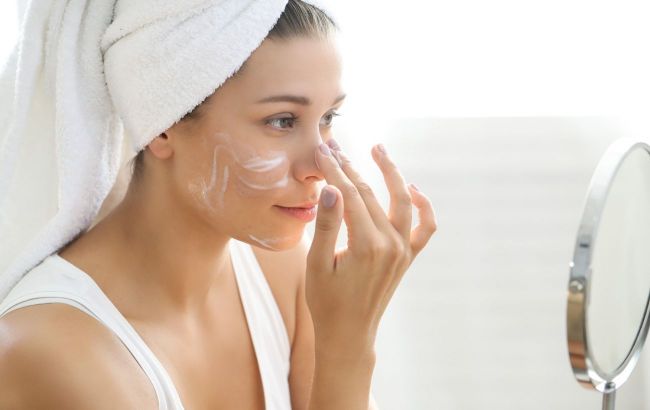Dermatologist explains if you need to moisturize oily skin
 Do you need to moisturize oily skin or not (photo: Freepik)
Do you need to moisturize oily skin or not (photo: Freepik)
Oily skin care is a common phenomenon that is filled with a lot of false claims. In particular, there is a myth that this type of skin does not need moisturizing.
While preparing the material, the following sources were used: the Telegram page of the medical community "Take care of yourself" and the website of the Center for Public Health.
Moisturizing oily skin: yes or no?
Dermatologist Svitlana Kochergina said that fats and water are different chemical compounds. Oily skin contains a lot of lipids, as they are actively secreted by the sebaceous glands.
However, very often such skin is dehydrated because it is dried out by excessive cleansing and medicinal drugs for acne, for example.
Also, dehydrated oily skin is more likely to suffer from rashes. In addition, areas of peeling and a more pronounced greasy shine may appear during the day.
For this type of skin, it is important to choose a moisturizer that will not be felt during the day, will not "clog" pores, and leave a feeling of an oily film.
Experts recommend using moisturizing creams with light watery textures. There are special lines of cosmetics designed specifically to moisturize oily skin.
What can pollute skin
Human skin is a target for pollutants found both in indoor air and in the environment, they can affect its surface and deep layers.
The main sources of air pollution are emissions from industrial enterprises, exhaust gases, stove heating in houses, fires of various origins, etc.
They can enter directly through the skin or the respiratory organs further into the blood and spread throughout the body.
Staying in a polluted environment contributes to an increase in the secretion of sebum and exacerbation of symptoms of chronic inflammatory skin diseases in both children and adults. Air pollutants can cause skin aging, and aggravate the symptoms of skin diseases such as atopic dermatitis, acne, eczema, etc.
Also, a significant danger to human health is excessive exposure to UV radiation, which can cause premature skin aging and skin cancer.

